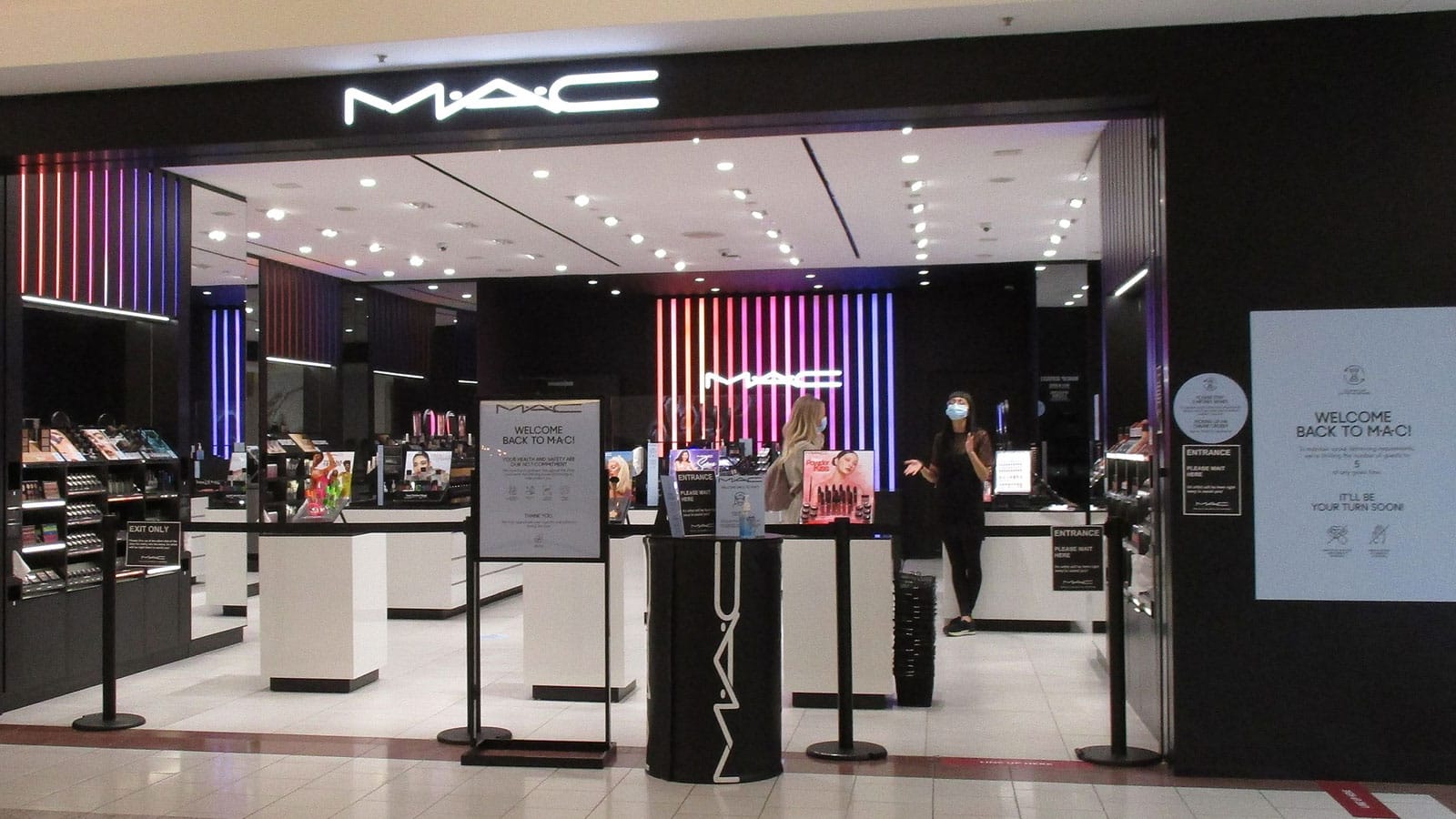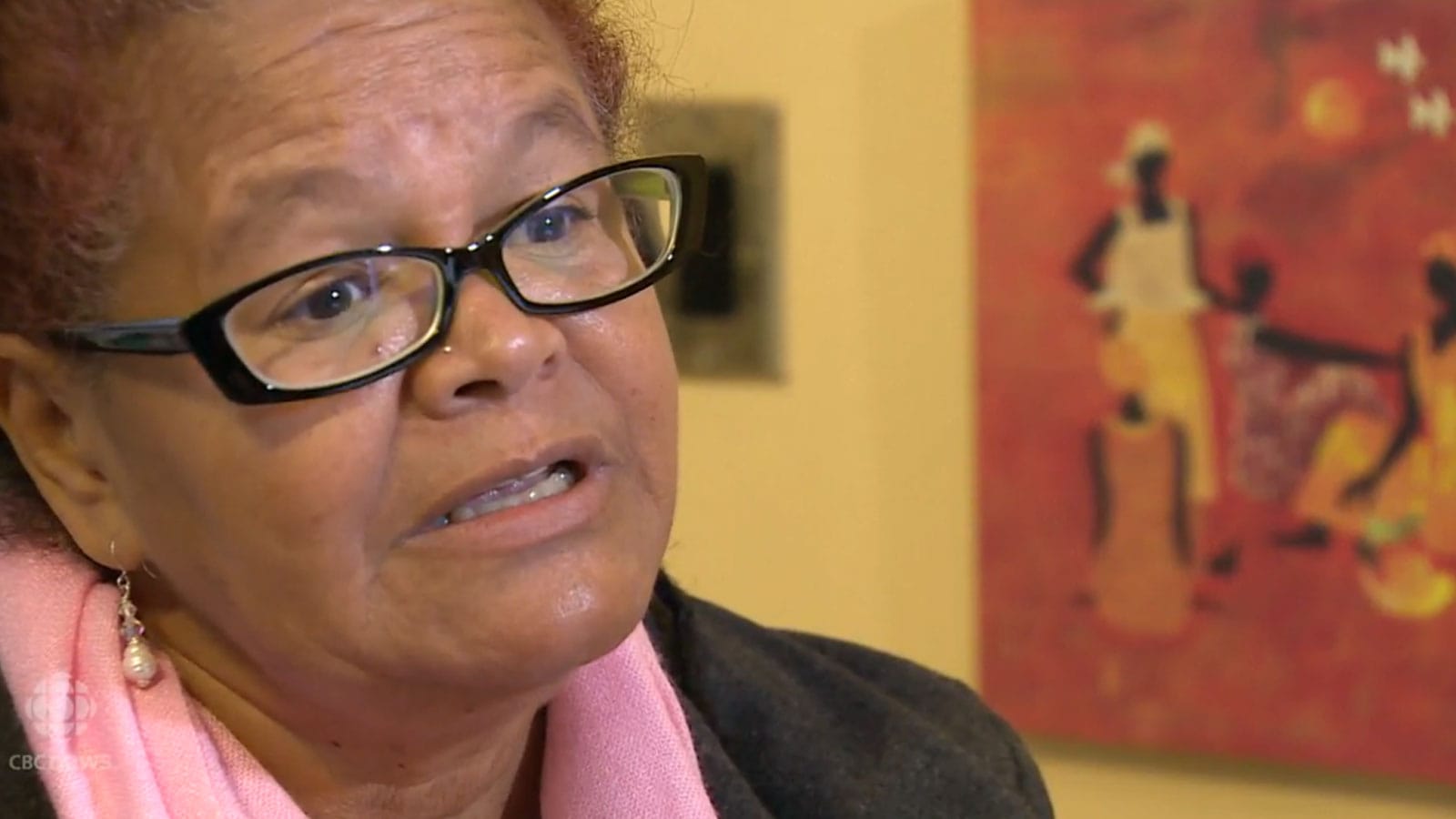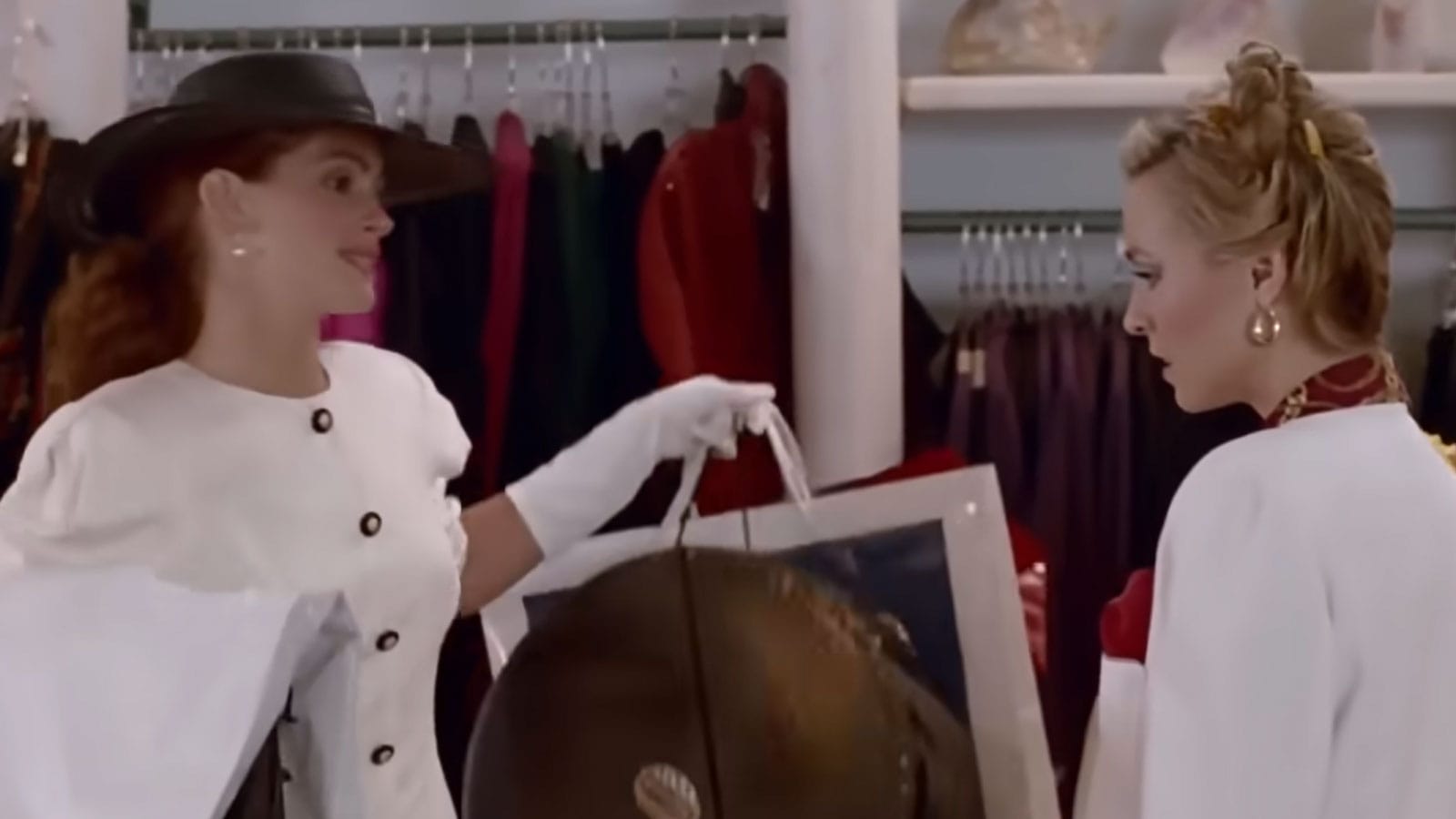Today: Shirley Wang, writer and radio journalist; and Jídé Salawu, writer and editor at Olongo Africa.
Issue No. 180The Best Deal
Shirley Wang Shopping and Its Discontents
Jídé Salawu
The Best Deal
FLAMING COOPERATIONOur friends at The Flytrap are doing amazing on their inaugural fundraiser (and so are we, on our not-inaugural one!!) and we are all enjoying the success of the FLYTRAP-HYDRA ALT MEDIA COOPERATIVE VOLTRON PACKAGE. Just $60 for:
1 YEAR of Flaming Hydra AND
1 YEAR of The Flytrap!!!!!!!!!!!!!!!!!!!!! Here's The Flytrap’s Andrea Grimes!!! 🎉
Shopping and Its Discontents Rowanlovescars [CC BY-SA 4.0] via Wikimedia Commons In 2011, a Black woman in Toronto named Mary McCarthy was asked to open her backpack by a clerk at a Shoppers Drug Mart. She came to realize after a time that she was under suspicion of pilfering, even though she had only come to shop; in 2015 the Human Rights Tribunal of Ontario ordered the company to pay her $8,000 in restitution for the racial profiling.  Screenshot: CBC Though it’s many years later, I too have sometimes been rushed, surveilled and supervised at Shoppers Drug Mart, even though I know exactly the aisle where I will find the Aveeno cream I want. Not every time, but at random, some attendant will follow, exaggeratedly describing the prices and locations of various things for me as if I couldn’t read the prices written on the shelves for myself. When I lived in Manchester, there was a spectrum of shops including MAC, where my partner got her makeup kits. At New Look she bought jeans and a pair of slippers. And later, we wound up in an exotic shop that sold Timberland goods. I was wearing everyday trousers and a simple Primark t-shirt. When the receptionist walked up to me to ask whether I knew what I was looking for, I felt jarred in some way. But no hard feelings. My partner bought me my first pair of Timberland boots, a birthday gift in arrears. But the discouraging sense that a shop clerk might treat one badly—the fear of being thought one of “those people” who came into a nice shop to rub their hands all over things they could never afford to buy—stayed with me. A friend in Edmonton told me about his visit to a cafe on Whyte Ave. He’d been looking for a good cafe where he might work on his dissertation. The cafe attendant told him that they didn’t serve students in the cafe. Dumbstruck, he asked her to provide solid reasons for this policy until it came to the notice of the manager. The manager came around and asked her to take my friend's order. But he never returned there again. It's a cliché in films, right? This idea that you don’t belong, because you are “foreign,” or lack some cultural fluency; because poor, because a woman, because black. These discomforts have grown sharper now, in an age of increasing racism and amid the rise of hard-right politicians in Europe, the U.S., and elsewhere. But the message is an old one. The Hollywood film Pretty Woman says, more or less explicitly, that once your circumstances permit you to become a “consumer” of “luxury goods” then you are a worthwhile person, and can safely leave the rest of the lowlife you came from to their fast food and cheap clothes. Not a humane or comforting notion. But a very popular film.  Julia Roberts puts a snooty Beverly Hills salesgirl in her place (screenshot from Pretty Woman via YouTube) The other funny thing is how snooty shop clerks and waitstaff often play the gatekeepers in such films. You’d think that people whose job is to bring food or to sell clothes would be more humane. How can I help you? What can I do for you? Be careful, these items are fragile. I needed new glasses recently and visited several shops to try on frames. At Bailey Nelson I found the ones I wanted, but not in my size; the friendly seller quickly made a call to another branch, where my size was available, and I Ubered over, only to find I’d left my wallet at the first shop. It was no problem, they’d found it and would hold it for me until I could return. It was a generous and gracious encounter. But still, many of us pay an emotional tax when we go shopping. We come to wonder whether belongingness has color. As an immigrant you can never quite tell what to do with this baggage of suspicion, even though you have bought hundreds of things without such feelings back in your home country. It is an anxiety that sits down uncomfortably inside you, the hint of a whisper flowing in the air that you don’t belong here.
COOL AS HELL IRLHydra Julianne Escobedo Shepherd appears in today’s New York Times with colleagues in her new project, Hearing Things. Hot damn is it good. The Times was remiss in failing to mention the sheer elegance and fizz of the writing. Congratulations, Julianne!
|